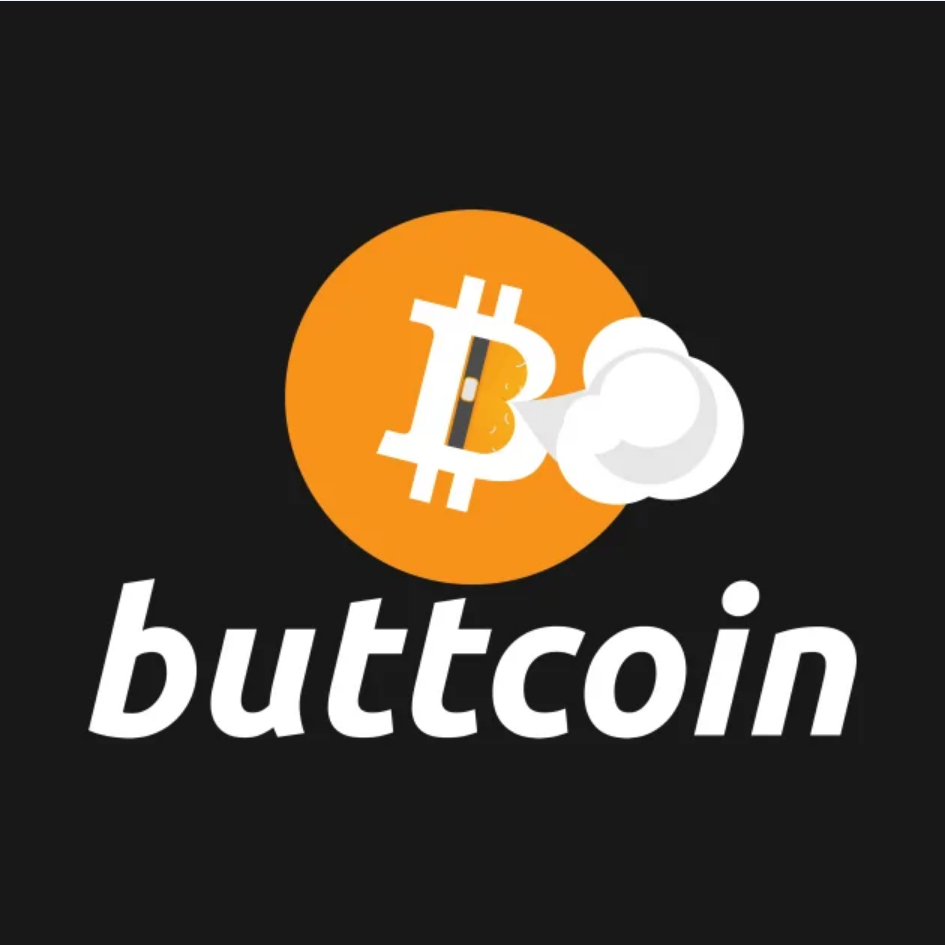Another one bites the dust.
The NFT startup Recur said on Friday that its Web3 platform is winding down—unable to weather the chills of crypto winter despite hosting the IP of several big brands like Hello Kitty and Nickelodeon.
Over the next several months, Recur’s platform will steadily lose its core features, the firm said in a blog post. That includes the ability for users to withdraw NFTs from Recur, cash out stablecoin balances, and trade collectibles on Recur-hosted marketplaces.
“This decision has not been an easy one,” the company said on Twitter, citing “unforeseen challenges and shifts in the business landscape.”
Recur’s announcement captures recent headwinds in the NFT space as companies navigate a downturn in the popularity of digital collectibles. Last July, Recur embarked on a “jet-setting NFT experience” with Hello Kitty and Friends, only for its ambitions to be grounded a little more than a year later.
That same July, Recur noted there was “unprecedented demand” for its TV Packs that contained profile-picture (PFP) NFTs of Nickelodeon characters like Tommy Pickles from “Rugrats.” Pack openings will be disabled in November, Recur said on Friday.
Founded in 2021, Recur billed itself as a company that offers other businesses Web3 “building blocks.” Its platform could be used for creating in-game assets, loyalty programs, and digital collectibles that leverage NFTs, according to its website.
Recur’s move comes not long after Nifty’s, a social network turned Web3 creators portal, also said it was shutting down. Nifty’s had secured big-name media titles as partners too, such as “The Matrix” and “Game of Thrones.”
With over 380,000 NFTs minted through Recur, the firm said it has changes in store to ensure that various digital collectibles will live on.
Recur said metadata and media for its NFTs will be migrated to the InterPlanetary File System (IPFS), a peer-to-peer file-sharing network built by Protocol Labs. Other assets will be hosted on Filecoin’s network, Recur added.
In December 2021, Recur offered a Recur Pass during a limited, 24-hour sales window. Sold as an NFT for $300, the pass could be resold and offered holders early access to future NFT drops among other benefits.
Last February, a Recur Pass sold for $88,888, Recur said in a statement on Twitter. Today, the cheapest Recur Pass listed on OpenSea currently asks for 0.001 ETH (about $1.69).
In late 2021, Recur said it was valued at $333 million after it announced a $50 million Series A funding round. The round was led by Digital, an investment fund backed by the family office of New York Mets majority owner and billionaire hedge fund manager Steve Cohen.
Other notable names had participated in a $5 million seed funding round earlier that year, such as investor and NFT creator Gary Vaynerchuk, Gemini’s Tyler and Cameron Winklevoss, and Ethereum co-founder and ConsenSys founder Joe Lubin. (Disclosure: ConsenSys funds an editorially-independent Decrypt.)


But that’s the thing that there kind of is not a use case and I cannot imagine there ever being one that is the only viable solution to a problem.
Fortnite could provide an option to create your skins in some sort of editor with an option to share them, sell/buy them using any currency including some fake in-game currency or even export to offline file that could be later imported back. Ownership would be tied to online account and exported file could be signed.
None of these things require NFTs.
You’re right, I didn’t really think of that. When looking solely at the purpose of sharing, just a “framework” for skins would suffice. This is basically what Minecraft is doing with their skins (at least in the Java version).
Ownership would still be a feature, but we’re really scraping at the bottom of the barrel then in regards to what is left for NFT’s to offer.